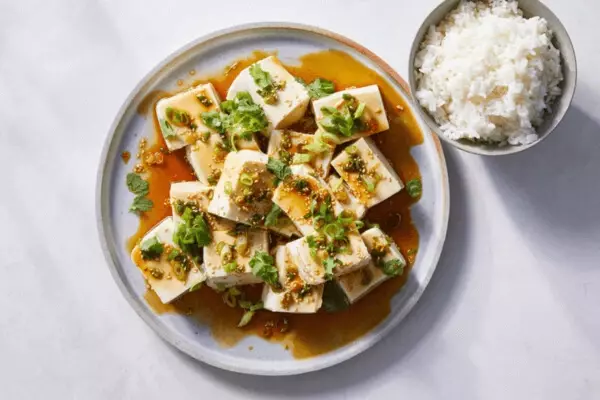Herbal tea, a time-honored beverage, has been enjoyed for centuries by cultures worldwide. Renowned for its soothing aroma, delicate flavors, and various health benefits, herbal tea offers a captivating journey through nature’s healing wonders. This article aims to explore the enchanting world of herbal tea, delving into its rich history, remarkable health benefits, and popular varieties.
You can also read:
Recently post
A Journey through Time
The Origins and Evolution of Herbal Tea: Herbal tea traces its roots back to ancient civilizations, where it was revered for its therapeutic properties. From the revered camomile of ancient Egypt to the traditional Chinese herbal concoctions, herbal tea has a fascinating history. Over time, the global tea culture expanded, discovering various herbal blends and their medicinal attributes.
Natural Remedies in a Cup
The Health Benefits of Herbal Tea: Beyond its delightful taste, herbal tea offers many health benefits. Each herbal infusion has unique advantages, ranging from soothing the mind to promoting digestive health. For instance, peppermint tea aids digestion, chamomile tea promotes relaxation, and ginger tea helps alleviate nausea. The antioxidants in herbal tea also boost the immune system and fight inflammation.
Exploring Popular Herbal Tea Varieties: a)
Camomile Tea: Known for its calming properties, camomile tea is often enjoyed before bed to promote sleep and relaxation. b) Peppermint Tea: Refreshing and invigorating, peppermint tea aids digestion and relieves headaches and congestion. c) Ginger Tea: Infused with the warmth of ginger, this tea aids digestion, reduces inflammation, and offers relief from common cold symptoms. d) Hibiscus Tea: Vibrantly colored and rich in antioxidants, hibiscus tea supports cardiovascular health and helps lower blood pressure. e) Lavender Tea: Sipping on lavender tea can be calming, easing anxiety and promoting relaxation.
Brewing the Perfect Cup of Herbal Tea
Brewing herbal tea requires careful attention to maximize its flavors and therapeutic properties. Water temperature, steeping time, and tea-to-water ratio can significantly impact the outcome. This section will provide useful tips on brewing techniques to enhance the enjoyment of herbal tea.
Herbal Tea in Culinary Delights
Herbal tea’s versatile nature extends beyond a soothing beverage. It can be incorporated into culinary creations, adding delightful flavors to dishes. From infused syrups and cocktails to flavorful desserts, herbal tea unlocks a world of possibilities for culinary enthusiasts.
Exploring the World of Blended Herbal Tea
Herbal teas often blend with herbs, fruits, or spices to create unique and intriguing flavor profiles. Blends like mint, lemongrass, lavender, and chamomile offer delightful combinations that appeal to various tastes.
FAQ,S
Conclusion
As we delve into the captivating world of herbal tea, it becomes evident that this centuries-old beverage holds many benefits for both body and mind. From its ancient origins to its diverse varieties and health-promoting qualities, herbal tea amazes enthusiasts worldwide. So, why not embark on a delightful journey through herbal tea’s soothing realm and experience nature’s harmony in a single cup?










